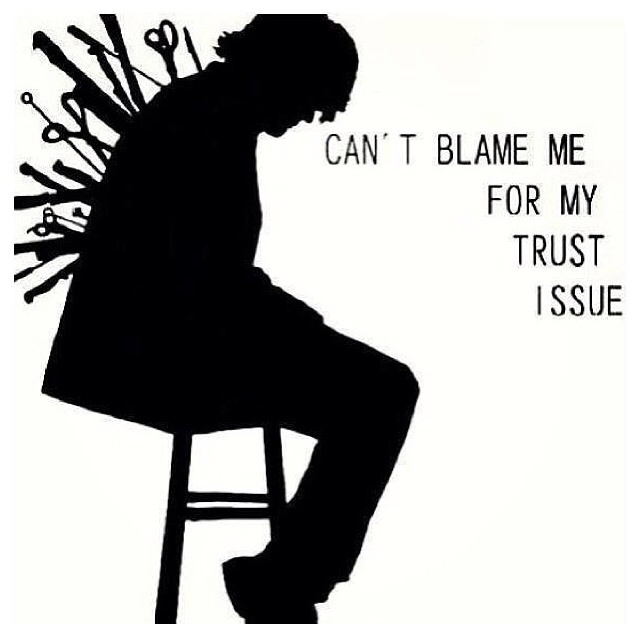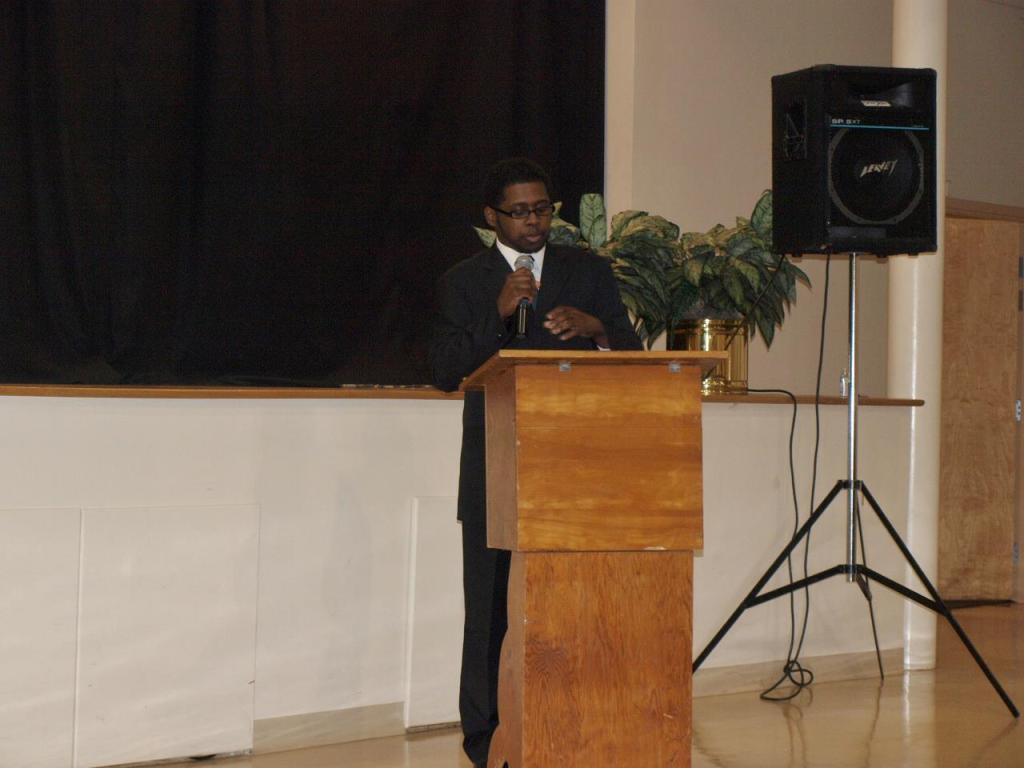When you’re genuinely grateful for what someone has done for you, your behavior toward him or her will evince you’re authentically grateful. Specifically, in this piece, I’m referring to those who wouldn’t be where they are today without the significant contributions a particular person or people made to their lives and journeys (both academic and professional). While you more than likely don’t have the address or telephone number of the individual who held the door open for you as you entered the store, you definitely have the address and/or telephone number of that person who, for example, wrote that recommendation letter, used his or her social capital to protect you, used his or her network and connections to get you accepted into a college or university (often multiple times), got you that position you’re currently in or one that allowed you to be in the current position you’re in, etc.
Ingratitude
You shouldn’t pretend you’re so busy that you don’t communicate in any way with those who have literally paved the way for you. When you wake up and go to those spaces and occupy those attendant positions you flex on social media platforms, have at least a modicum of decency and check on those who made it possible for you to engage in such a flex. Such people are guilty of engendering one-way street relationships: relationships where these users, these leeches, only take from others and never show genuine appreciation for what they have been given.
Ingratitude doesn’t look good on you. Yes, ungratefulness is not a good look. Your flex is a vacuous flaunting of ingratitude.
How can you accomplish something truly significant, especially something less than 10% of people in the world have achieved, and not publicly acknowledge the person or people responsible for making that accomplishment thinkable, especially when that person’s literal and/or metaphorical fingerprints are on the accomplishment? Although you already know, look at the accomplishment right now. Are your fingerprints the only ones on there like you’re pretending?
Exactly, that’s what I thought!
Many of these ungrateful people publicly acknowledge everyone except the real people who made their success or accomplishments possible, or they will diminish the role and significance these crucial people played. For example, ungrateful folks will say or write a short sentence about them and extend the dominant praise and credit to those who had a minor role and/or impact at best on their success or achievement materializing.
At this time, Alexa, play Fantasia Barrino’s “Without Me” because too many people have forgotten they wouldn’t be enjoying an ounce of the life and success they have without *cough* me and others who made that life and success possible.
How to Fight the Ungrateful?
First, call out those who reflect and embrace ingratitude. This article is an example of one way to do it. Also, when you expose them in writing, don’t self-censor; be willing to tell it all. Sunlight is the best disinfectant.
James Baldwin, the greatest prose writer in world history and one of the greatest intellectuals in world history, insisted, in “As Much Truth As One Can Bear,” a brilliant essay, that we “…tell as much of the truth as one can bear, and then a little more.” Following Baldwin’s exemplary lead, give these people “as much of the truth as one can bear, and then a little more.” That’s what I’ve done my entire life: gave voice to truth without wavering.
In that same powerful Baldwin essay, he posits, “Writers are extremely important in a country, whether or not the country knows it. The multiple truths about a people are revealed by that people’s artists—that is what the artists are for.” As a writer, an artist, I’ve always used my gift and vocation to communicate “multiple truths about a people.”
Understanding that not everyone is comfortable articulating their thoughts to ungrateful people through written expressions, I encourage you to call and/or visit them and share your feelings.
Given time and space limitations, I will end here for now, but, trust me, these aren’t my final words about the true ugliness of ingratitude.
Dr. Antonio Maurice Daniels
Johns Hopkins University









